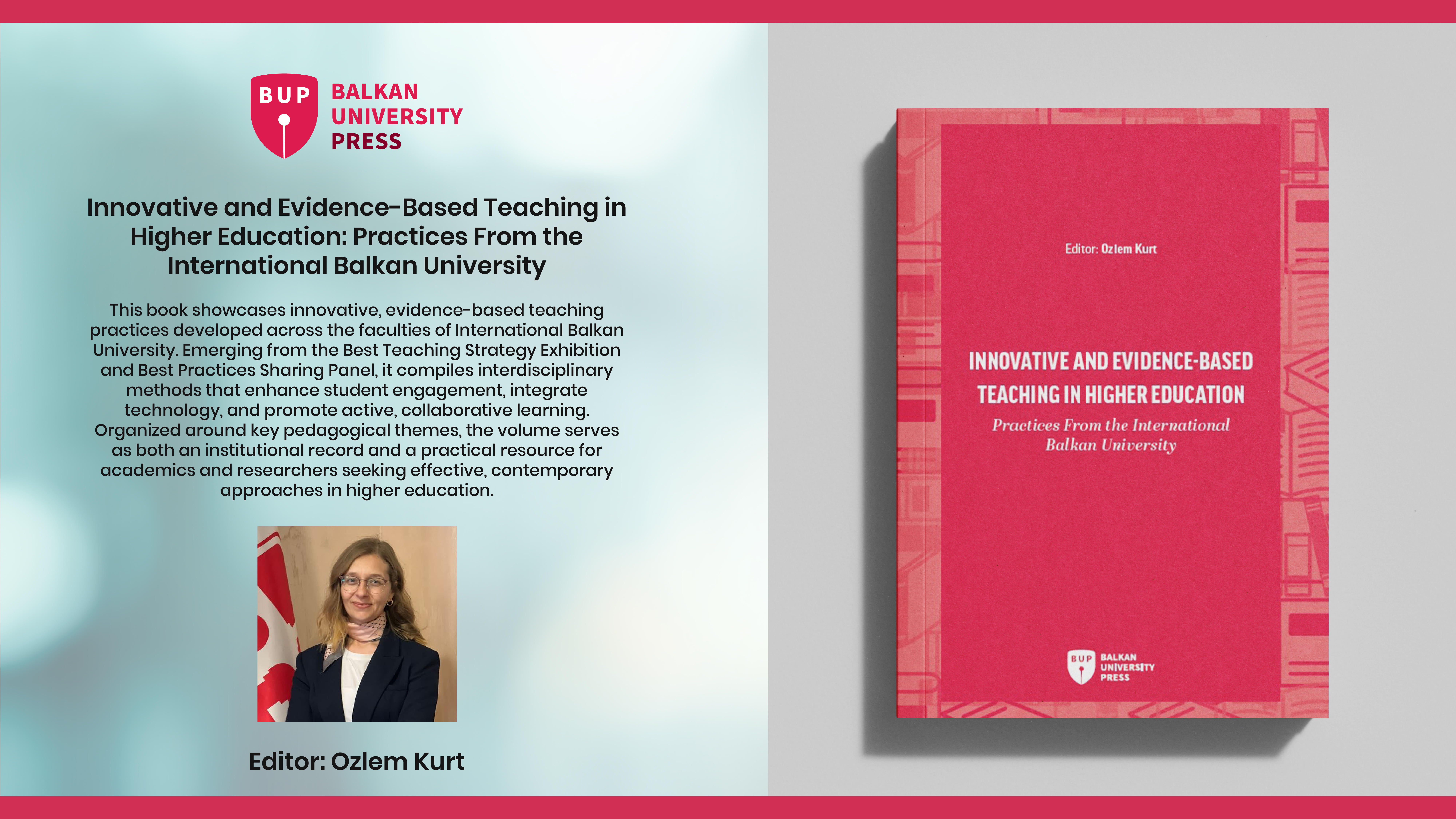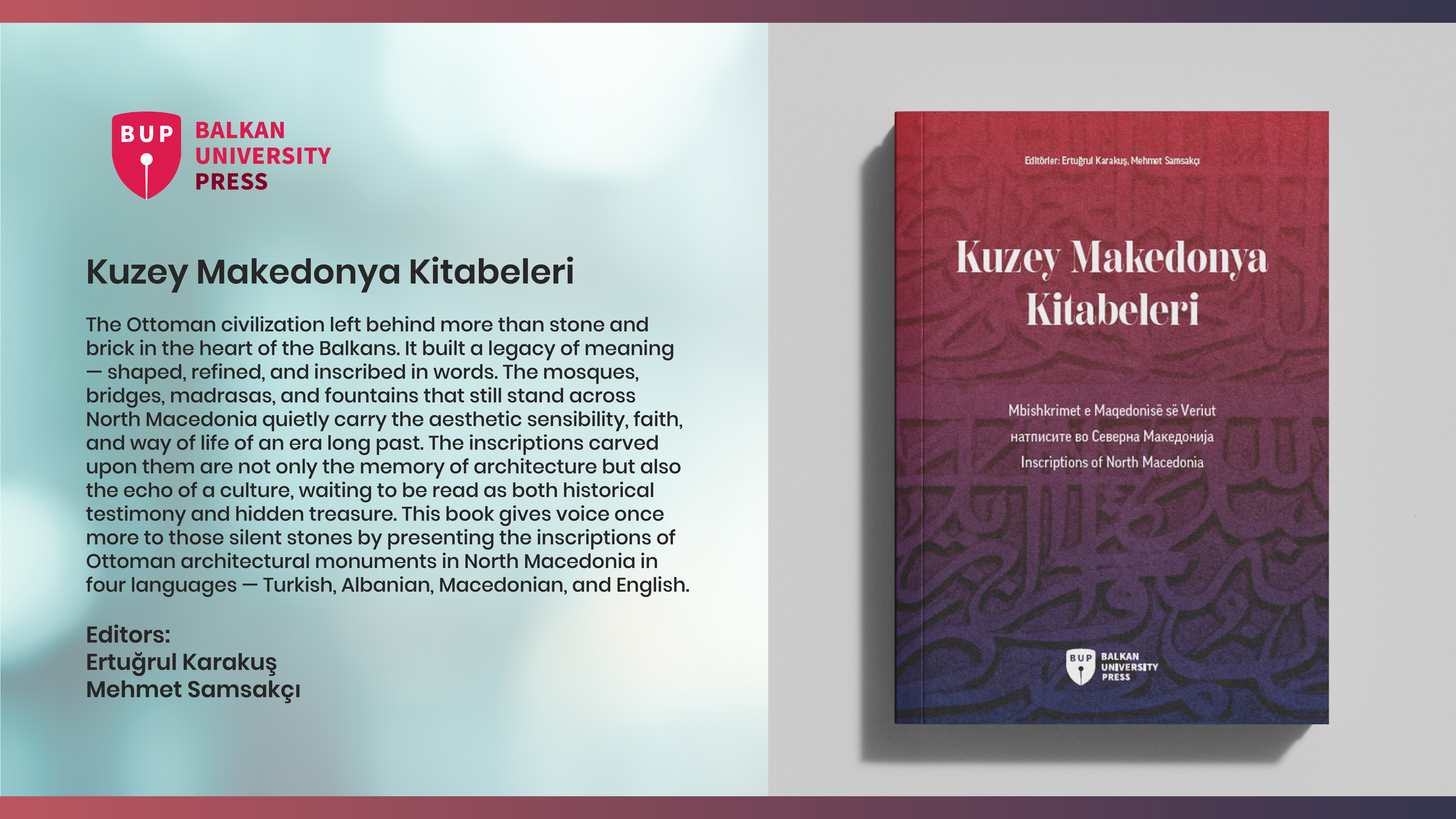BUP Interview with Asst. Prof. Dr. Ahmet Lökçe
Balkan University Press (BUP) is launching the Balkan Political Economy Series edited by Asst. Prof. Dr. Ahmet Lokce who is also the Coordinator of the IBU Lifelong Learning Center (LLC). In this interview, he offers essential insights for prospective authors about the book series and its inaugural volume, which focuses on the economic transition of North Macedonia.
BUP: Dr. Lökçe, thank you for joining us today. Could you start by telling us a little about yourself and your role at the International Balkan University?
AL: Thank you for having me. I am Asst. Prof. Dr. Ahmet Lökçe, currently serving at the Faculty of Economics and Administrative Sciences at the International Balkan University (IBU). Additionally, I am the coordinator of the Lifelong Learning Center (LLC) at IBU. My work focuses on various aspects of economics, administration, and lifelong learning, aiming to provide quality education and practical skills to our students and the broader community.
BUP: You recently initiated a new book series under the Balkan University Press (BUP) called the Balkan Political Economy Series. Can you tell us about the vision and goals of this series?
AL: The Balkan Political Economy Series aims to provide comprehensive and scholarly insights into the political and economic transformations within the Balkan region. Our goal is to examine the economic and financial transitions in Balkan countries from 1991 to 2023, including North Macedonia, Kosovo, Serbia, Montenegro, Bosnia-Herzegovina, and Albania. By exploring these transformations, we hope to offer valuable resources for researchers, policymakers, and students interested in the region's development and its integration into the broader European context.
BUP: What motivated you to start this series, and why do you believe it is important for the academic community?
AL: The motivation behind this series stems from the need to document and analyze the significant changes the Balkan region has undergone over the past three decades. The collapse of communism, the subsequent conflicts, and the journey towards European integration have created a unique and complex economic landscape. It is crucial for the academic community to understand these dynamics to inform future policies and contribute to the region's sustainable development.
BUP: Could you elaborate on the content structure of the books in this series? What specific topics will be covered?
AL: The books in the Balkan Political Economy Series will cover a wide range of topics. Each book will focus on a specific country, detailing the historical economic background, the transition periods, sectoral evolutions, profitability, growth, digitalization, and the impact of EU integration processes. Additionally, we will examine the political economy of each country, considering both domestic policies and international influences. The series aims to provide a holistic view of the region's economic landscape
BUP: You are the editor of the Balkan Political Economy Series and the co-editor of the first book, which focuses on North Macedonia. Could you tell us more about this book?
AL: Yes, I am honored to be the editor of the Balkan Political Economy Series. The first book, titled “From Transition to Transformation: An Economic Analysis of North Macedonia (1991-2023),” is co-edited by myself and Asst. Prof. Dr. Andrijana B. Danevska. This volume aims to provide a thorough and comprehensive analysis of North Macedonia's economic structure, transitional phases, and transformative processes during this period. We extend an invitation to scholars, researchers, and domain experts to contribute chapters that explore various aspects of North Macedonia’s economic evolution.
BUP: What are some of the suggested topics for submission for this book?
AL: The suggested topics for submission include:
-The Historical Context and Economic Conditions Preceding Independence
-Initial Economic Policies, Challenges of Post-Independence, and Macroeconomic Stabilization Efforts
-Transformations in the Agricultural and Industrial Sectors
-Growth the Service Sector, Including Information and Communication Technologies (ICT)
-Evolution and Development of Banking, Capital Markets, and Financial Sectors Post-1991
-Trade Policies, Dynamics of Export-Import Activities, and the Effects of Globalization
-Efforts, Challenges, and Impacts Related to European Union Integration
-Employment, Workforce, and Economic Growth of North Macedonia
-Social Impacts of Economic Changes, Labor Productivity, and Competitive Dynamics
-Evaluation of North Macedonia's Technology and Innovation Investments
-Tax Policies: Data-based Analysis of Direct and Indirect Taxes and Their Effects on Economic Change
-History, Current Situation, and Future Trends of SMEs in North Macedonia
-Examination and Response Strategies to Economic Crises
-Current Trends, Future Challenges, and Opportunities in Economic Development
BUP: How do you plan to ensure the academic rigor and quality of the publications in this series?
AL: To ensure academic rigor and quality, we have established a thorough peer-review process involving experts in Balkan studies, economics, and political science. Each manuscript will undergo multiple rounds of review and revision to maintain high scholarly standards. We also plan to collaborate with renowned researchers and practitioners in the field to contribute their insights and expertise.
BUP: Beyond the academic community, who else do you hope will benefit from this series?
AL: While the primary audience is the academic community, we hope that policymakers, international organizations, business leaders, and anyone interested in the Balkan region's development will find the series valuable. By providing in-depth analyses and practical insights, we aim to support informed decision-making and foster a deeper understanding of the region's challenges and opportunities.
BUP: What challenges do you anticipate in the development and publication of this series, and how do you plan to address them?
AL: One of the main challenges is ensuring comprehensive and accurate data collection, given the varied and sometimes fragmented sources available. To address this, we will collaborate with local institutions, governmental bodies, and international organizations to access reliable data. Additionally, maintaining a consistent narrative across different country studies will be crucial, which we plan to achieve through a standardized research framework and close coordination among contributors.
BUP: Can you share any details about the first book in the series and its expected release date?
AL: The first book in the series will focus on North Macedonia, exploring its economic and political journey from the early 1990s to the present day. We are currently in the final stages of manuscript preparation and peer review, and we anticipate its release by April 11, 2025. This book will set the tone for the rest of the series, providing a comprehensive and detailed analysis of the country's transformation.
BUP: What future projects or initiatives are you planning at the Lifelong Learning Center and the International Balkan University?
AL: At the Lifelong Learning Center, we are continually expanding our course offerings to include more skill-based and practical programs, such as IT, language courses, and mastery skills education. Additionally, we are working on accrediting our courses with multiple institutions to ensure our certificates are highly valued and recognized. At the university level, we are focused on enhancing our research capabilities and fostering international collaborations to contribute to global academic discourse.
BUP: Finally, what message would you like to convey to the readers of this interview?
AL: I would like to emphasize the importance of understanding the complex economic and political transformations in the Balkan region. Through the Balkan Political Economy Series, we aim to provide valuable insights and foster a deeper appreciation of the region's unique challenges and opportunities. I encourage everyone interested in the Balkans to engage with our publications and contribute to the ongoing dialogue about the region's future.
BUP: Thank you, Dr. Lökçe, for sharing your insights and for your invaluable contributions to the academic community.
AL: Thank you for the opportunity. I look forward to seeing the Balkan Political Economy Series make a significant impact.







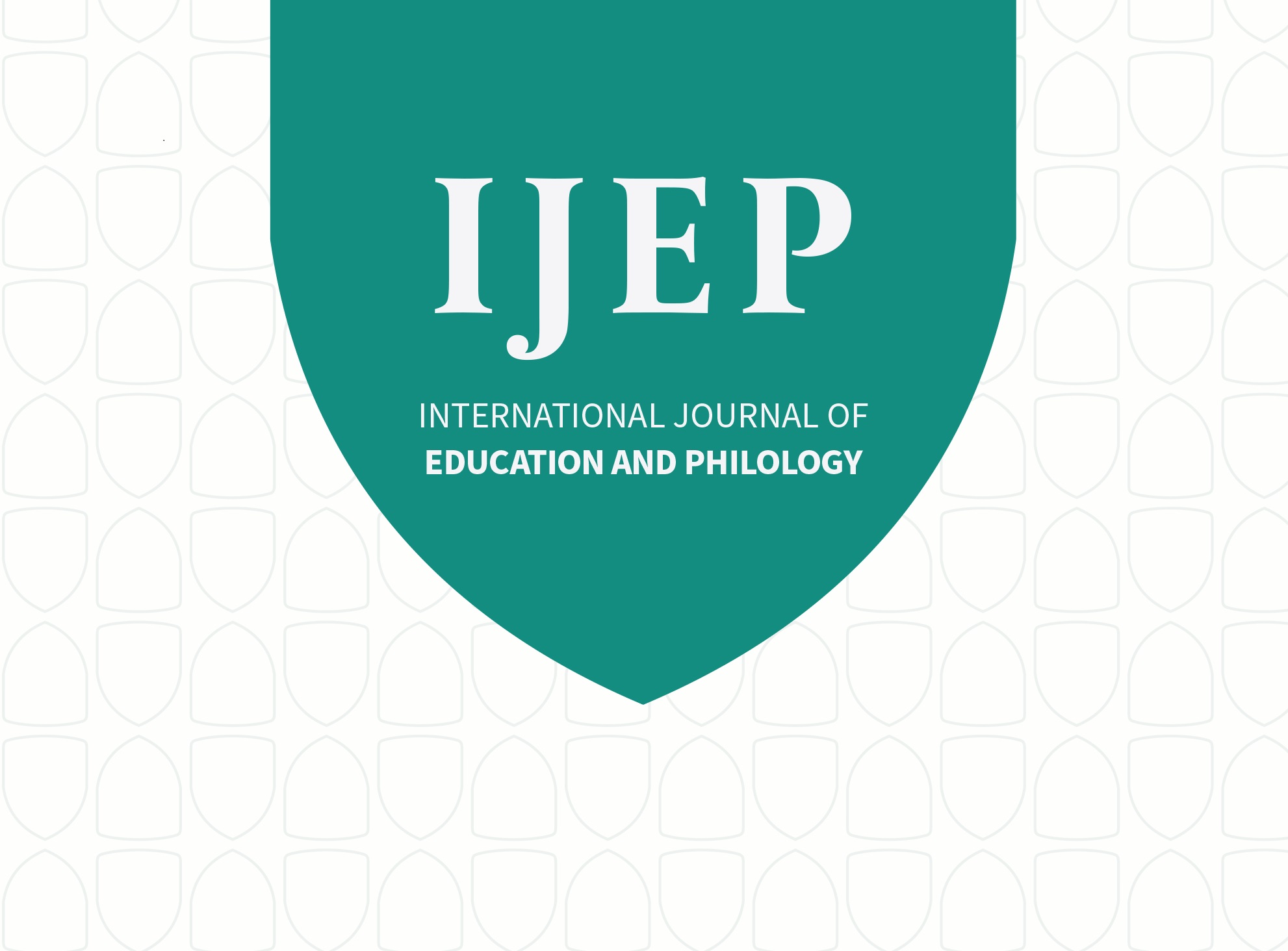









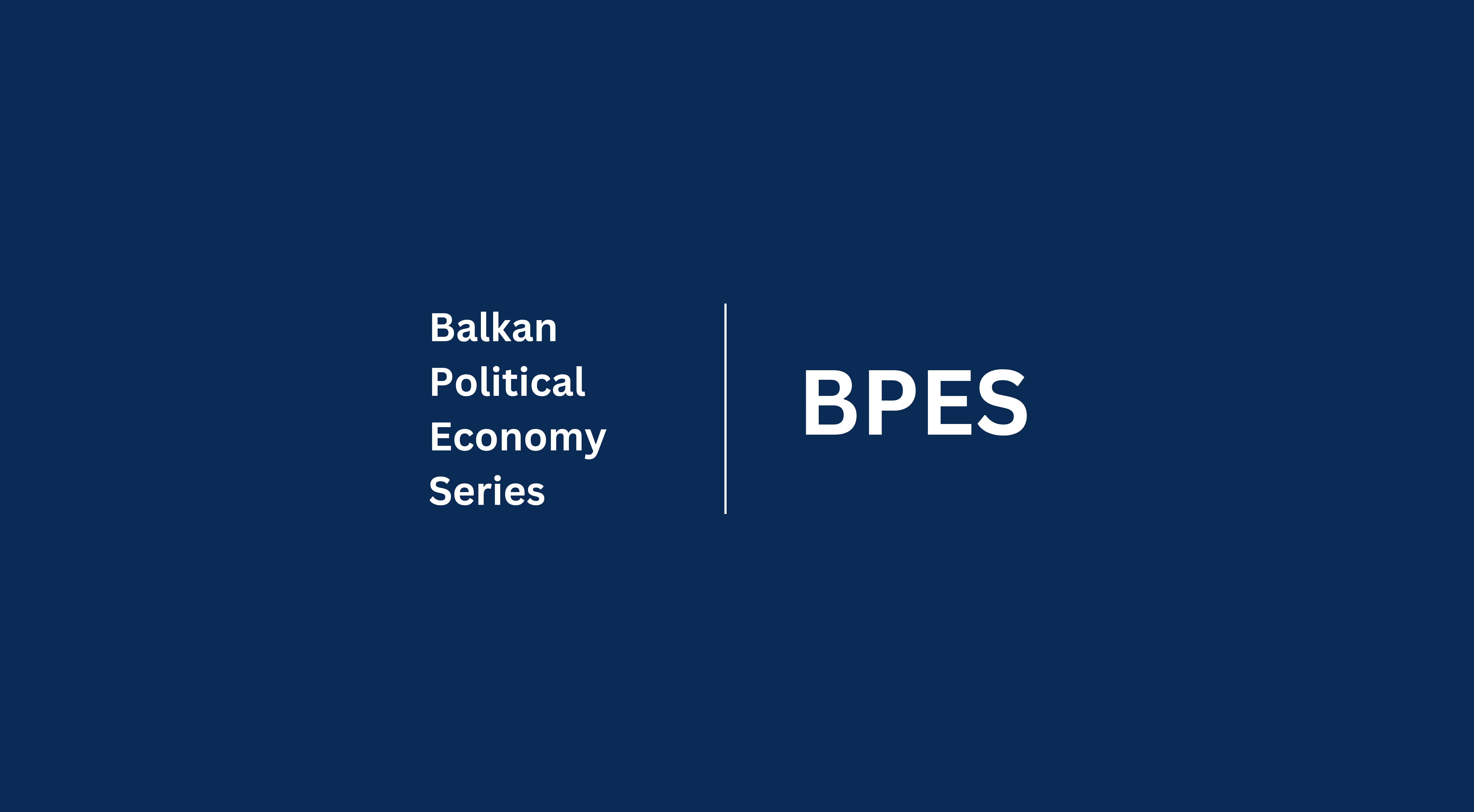

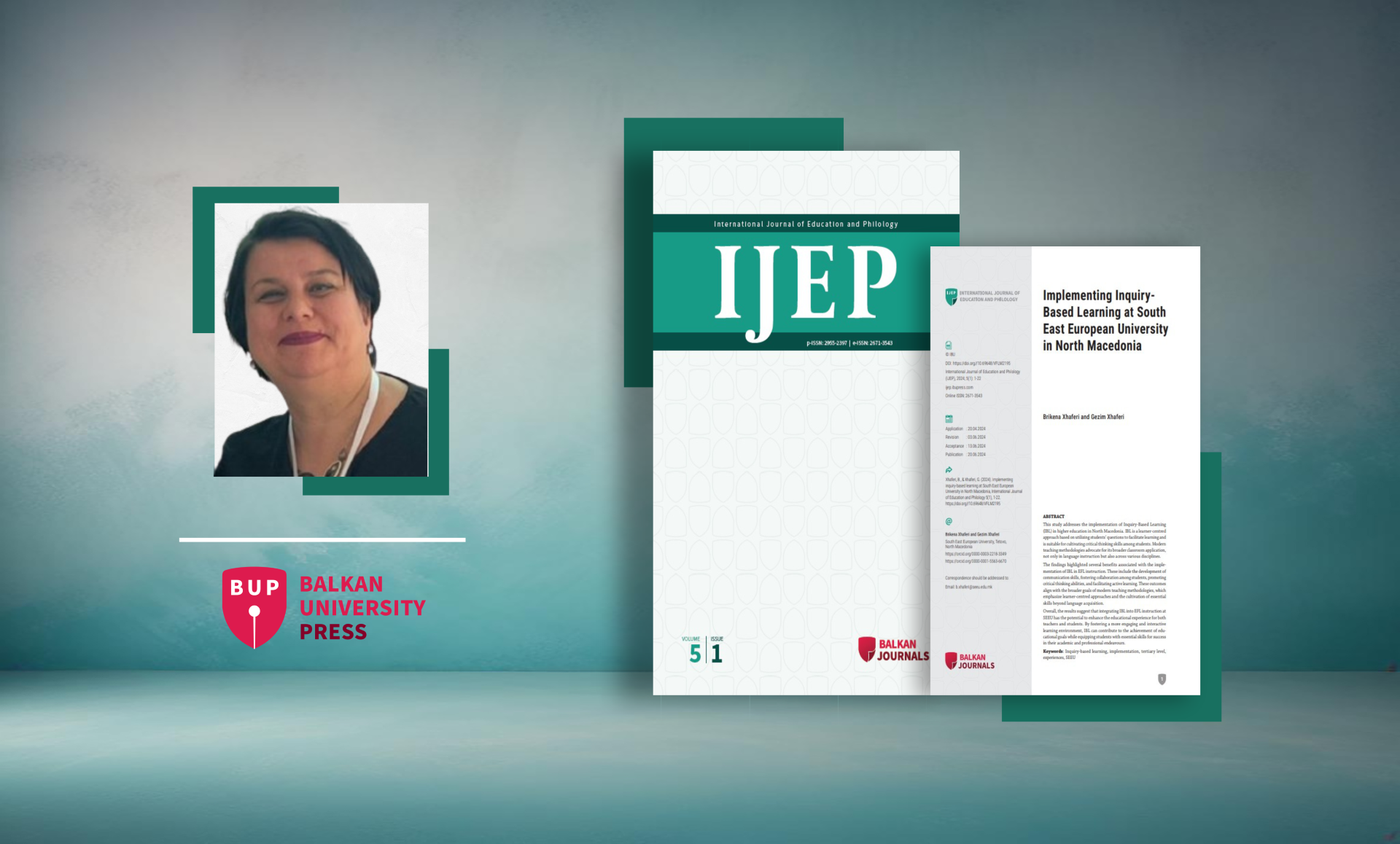
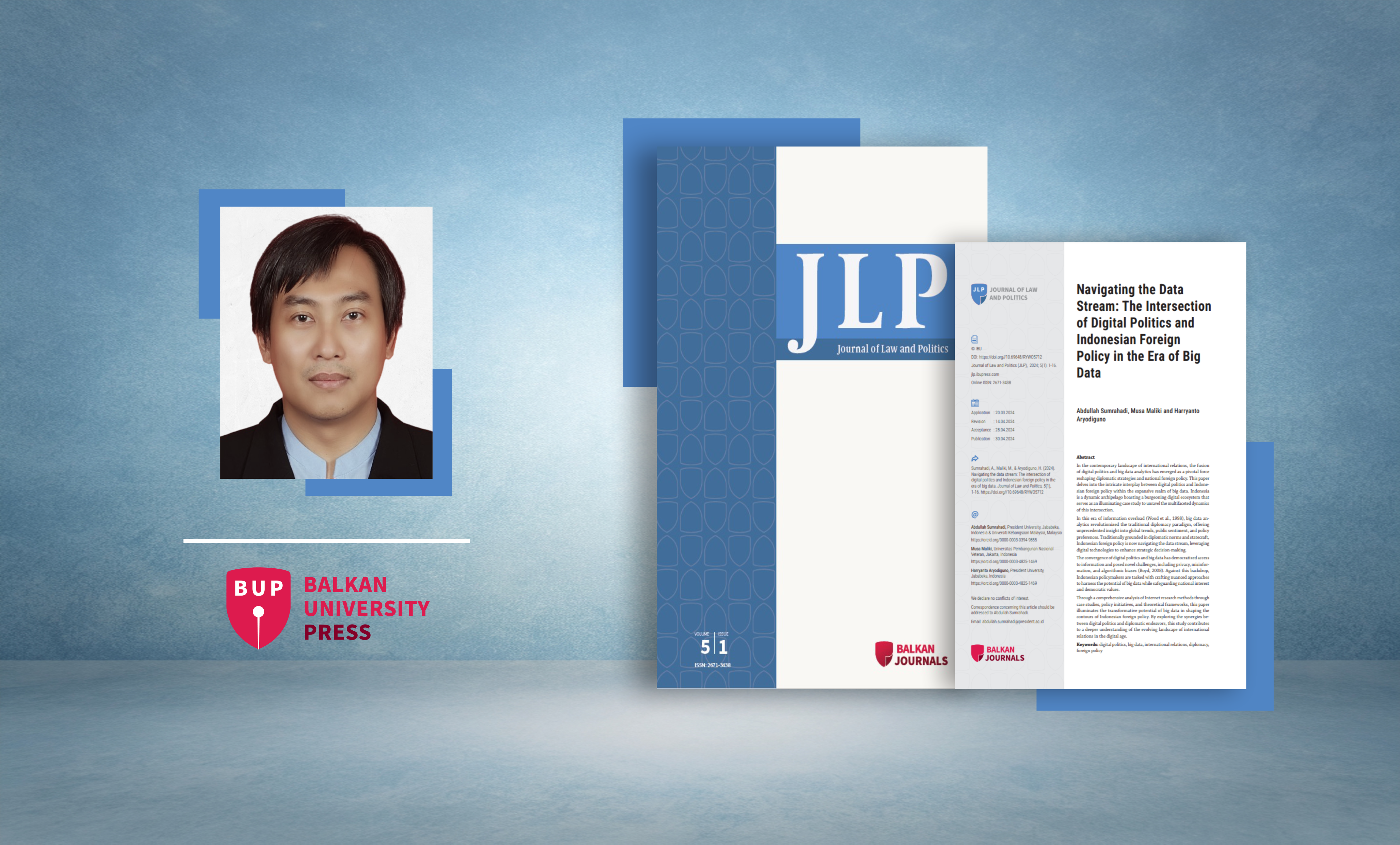
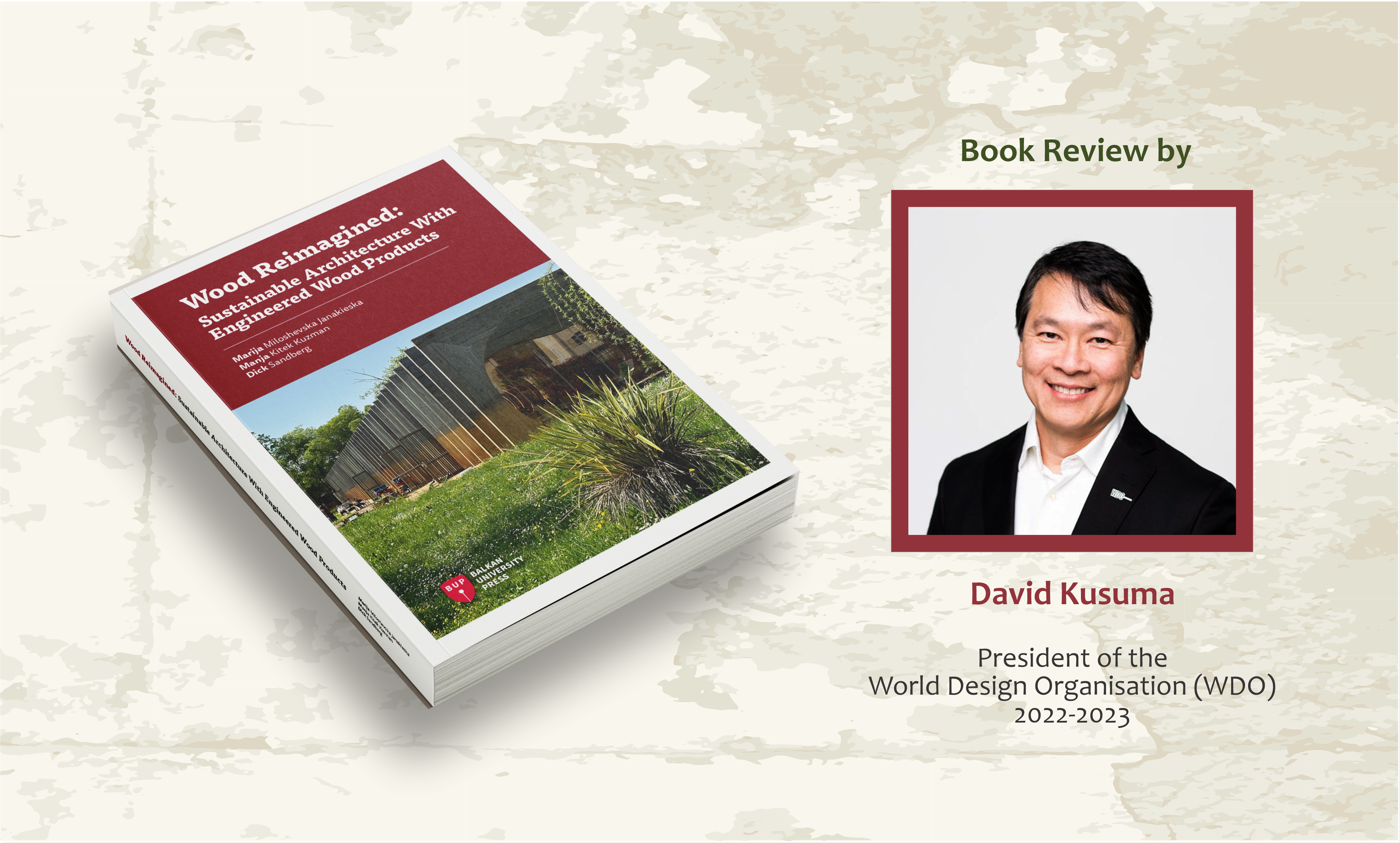

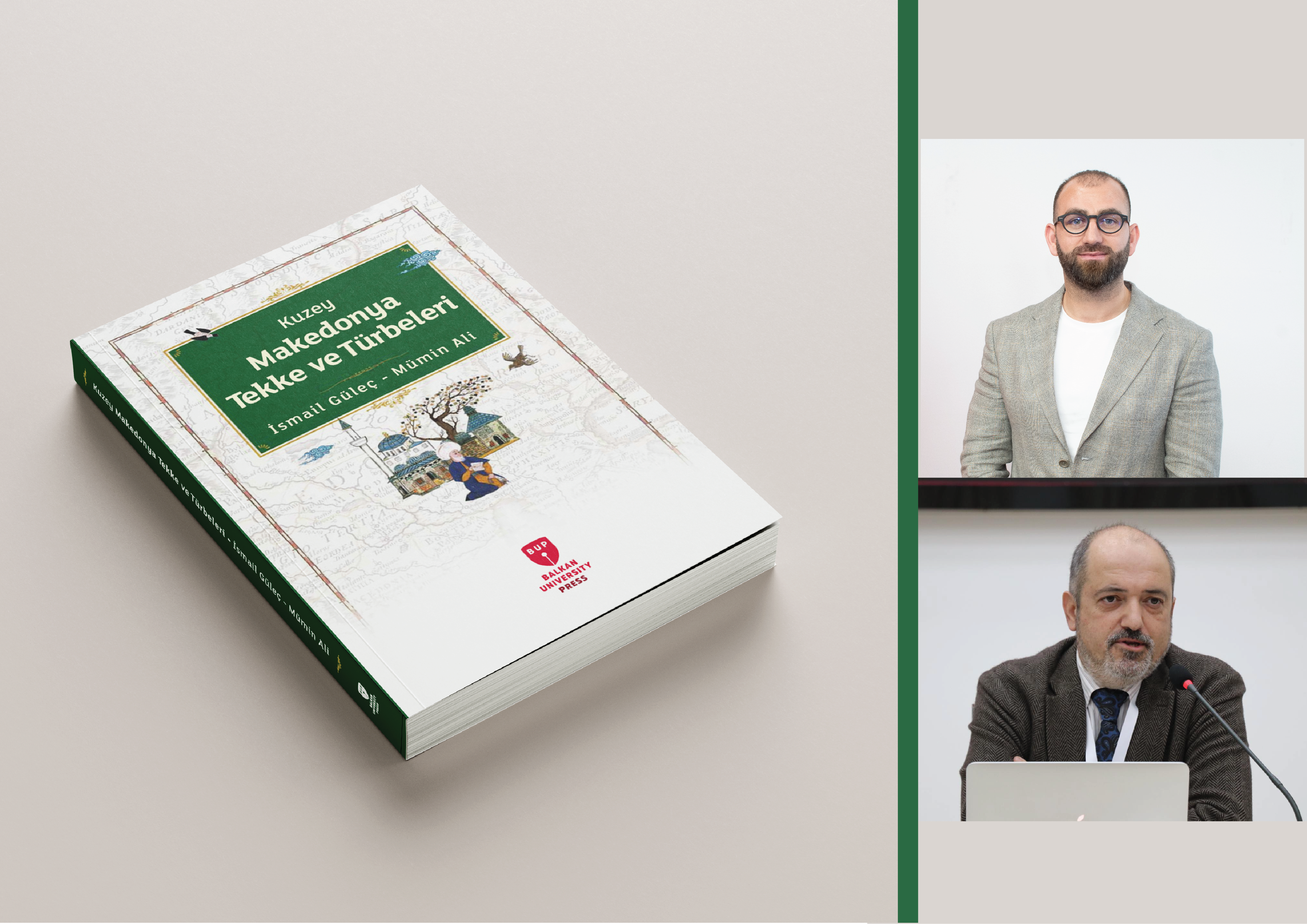
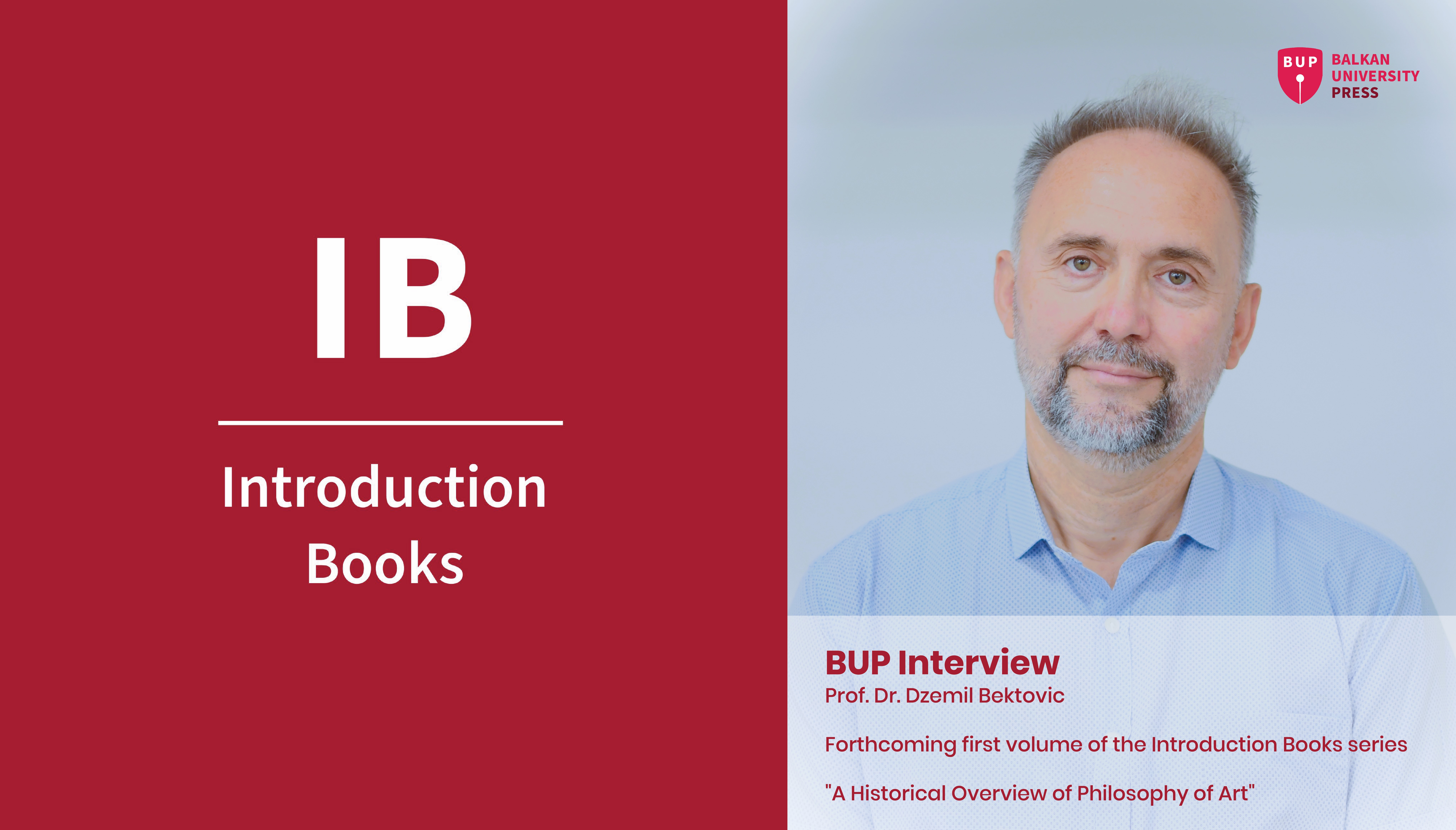
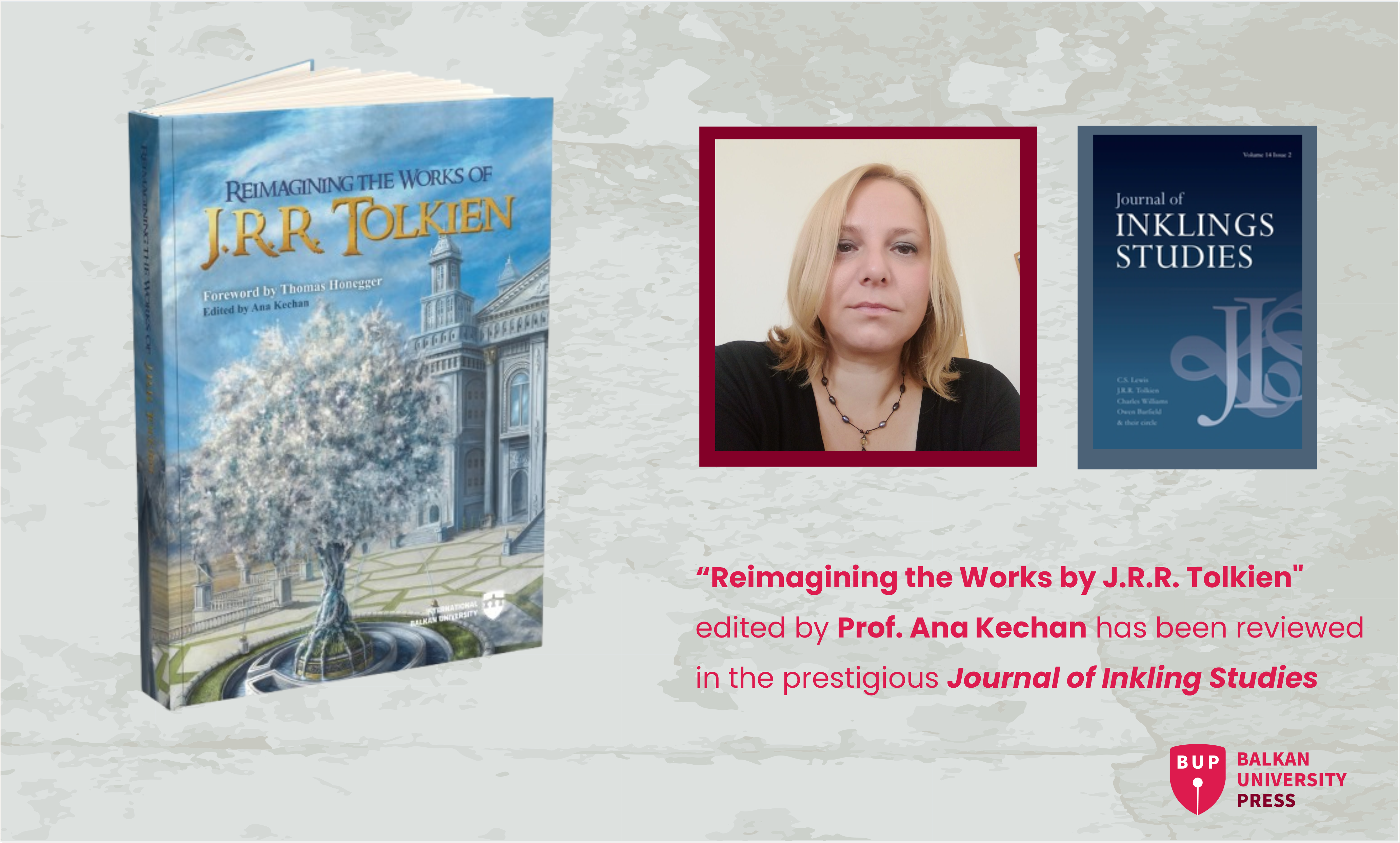
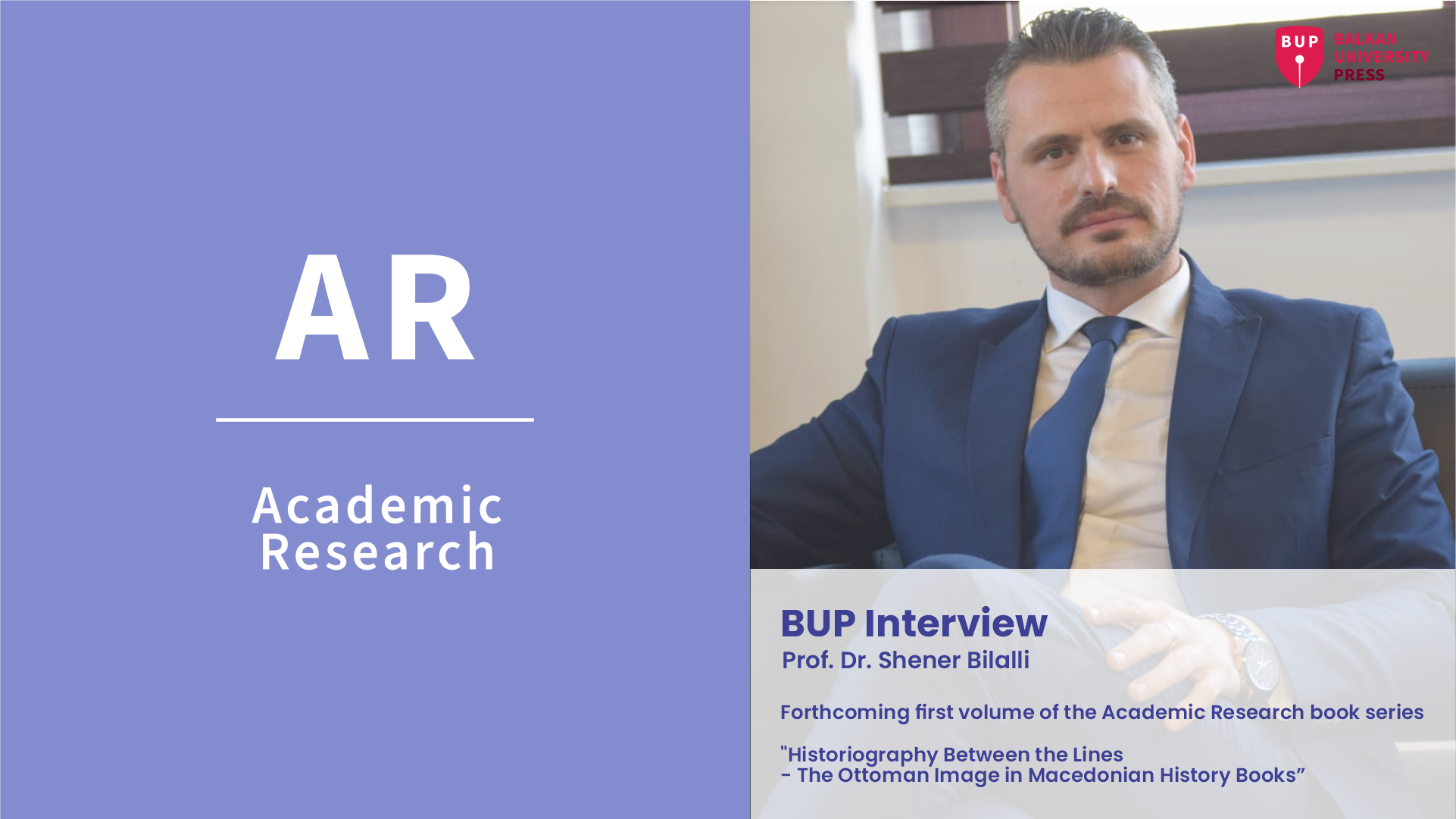
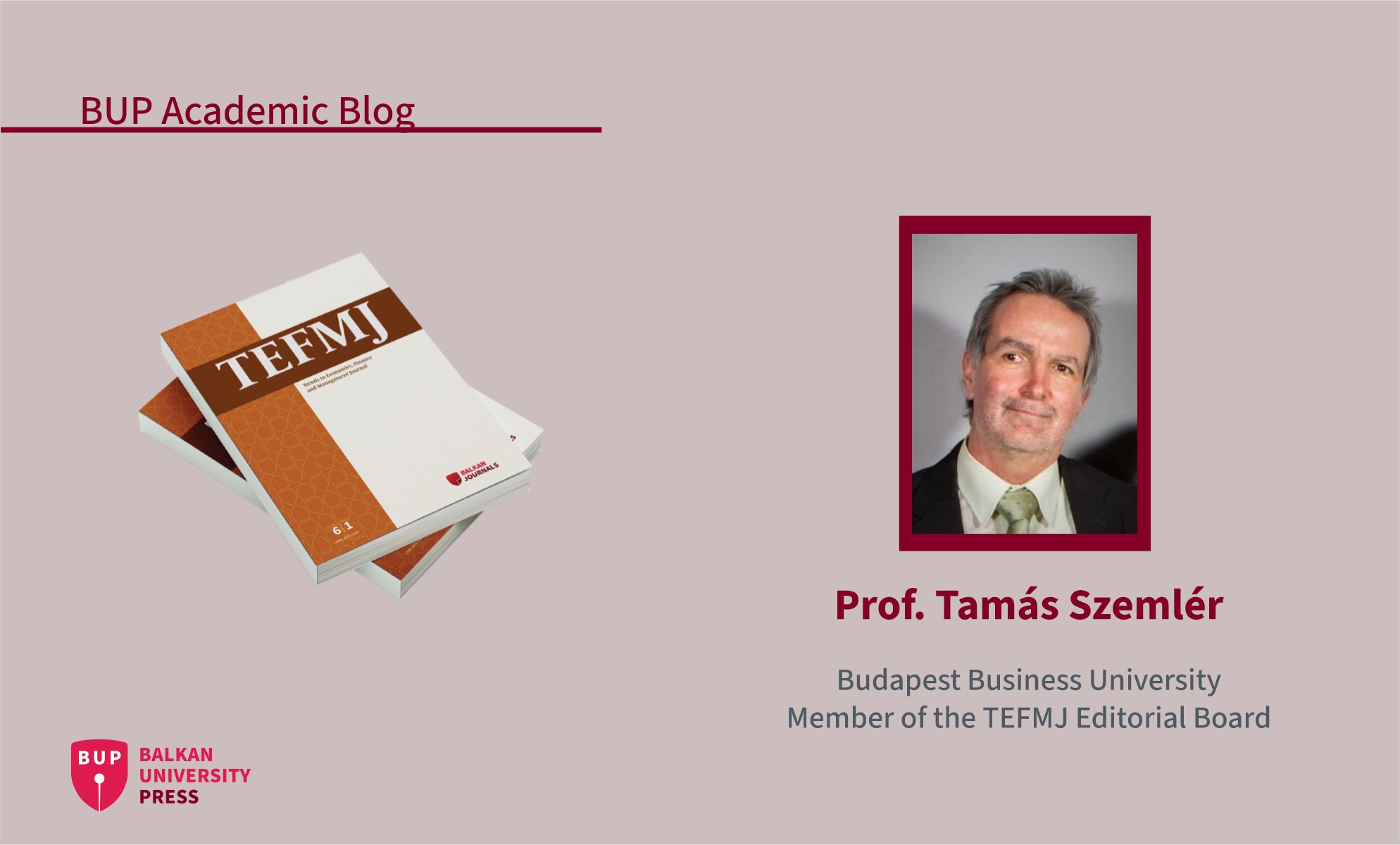
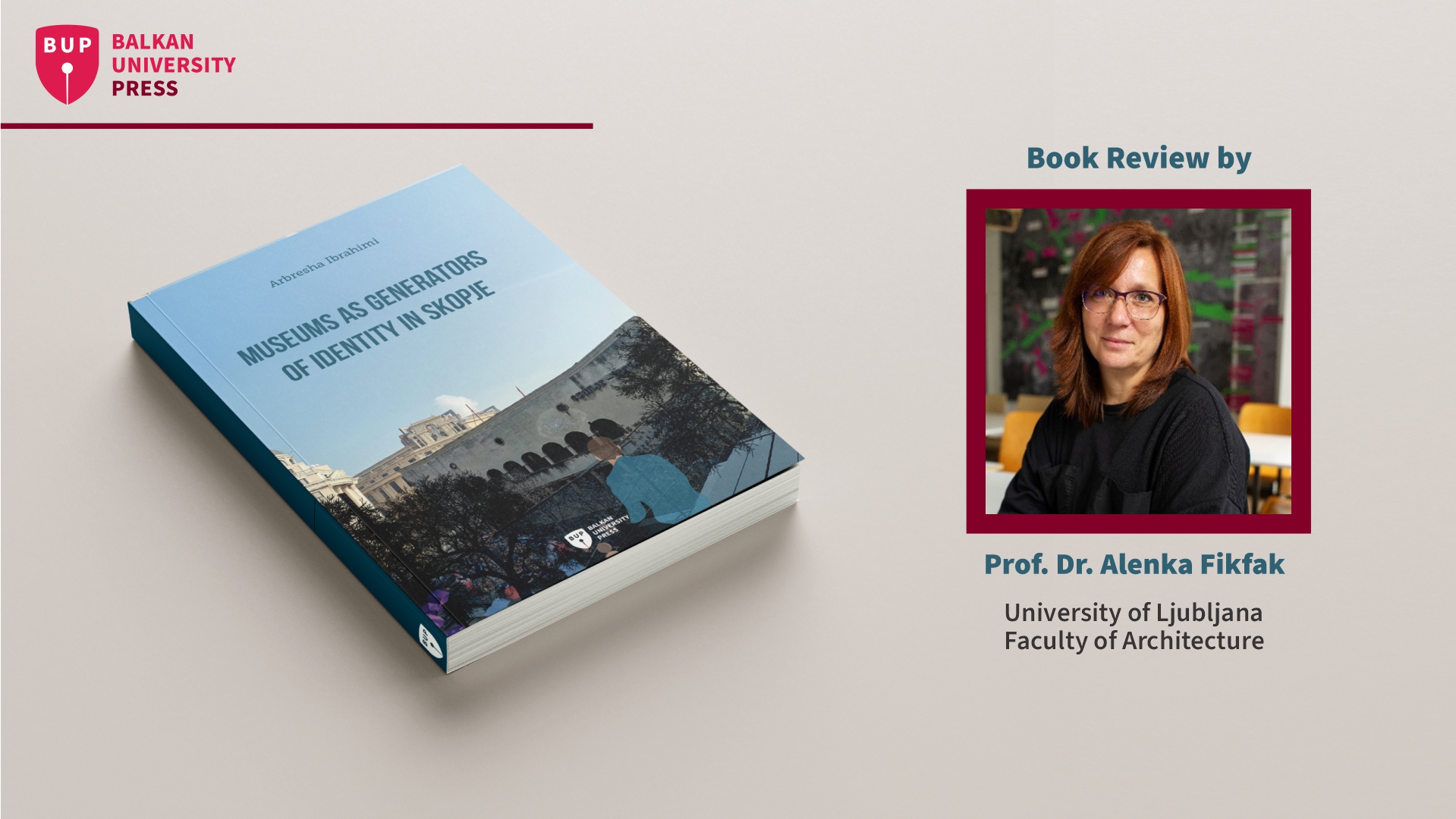

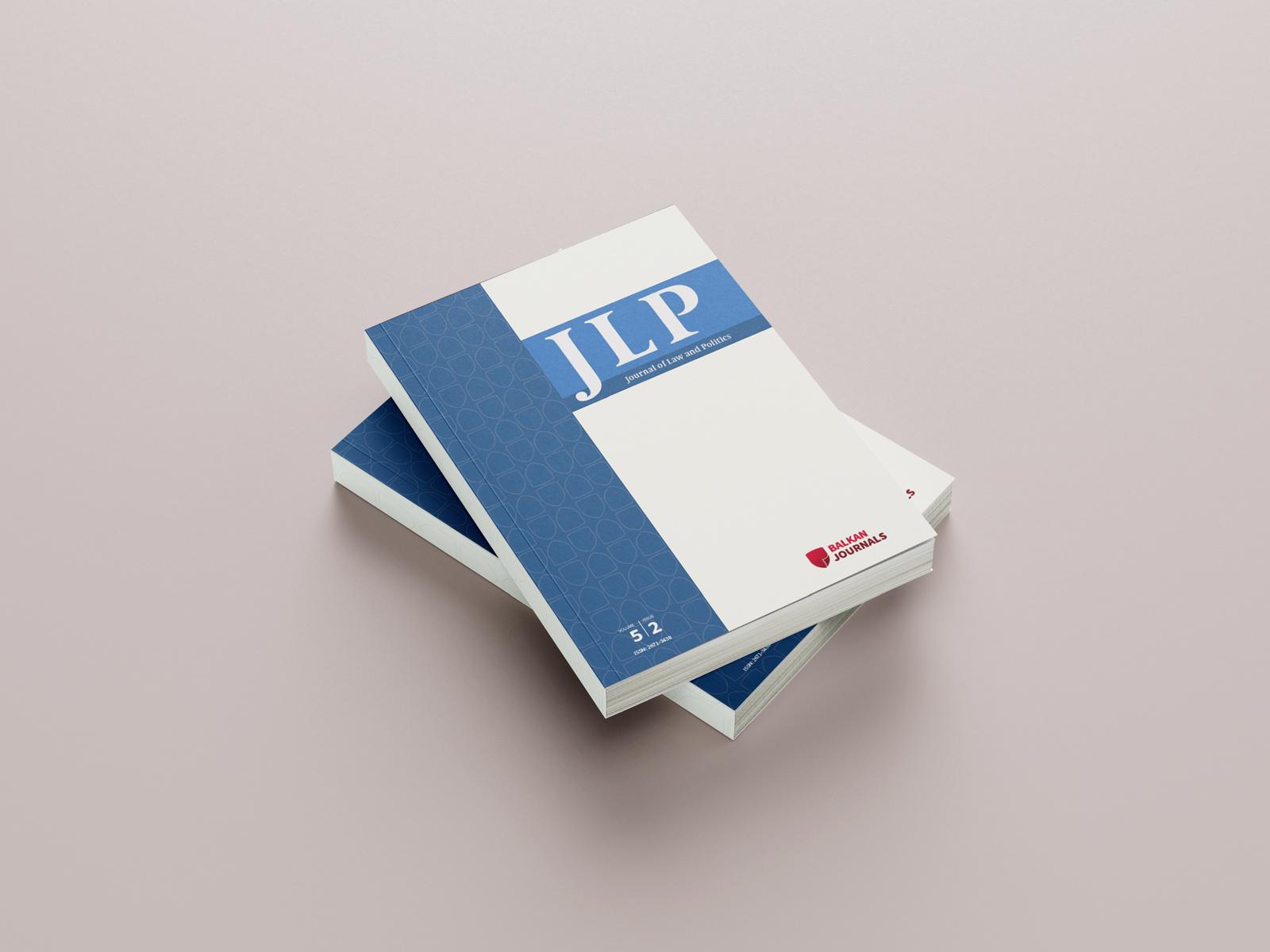

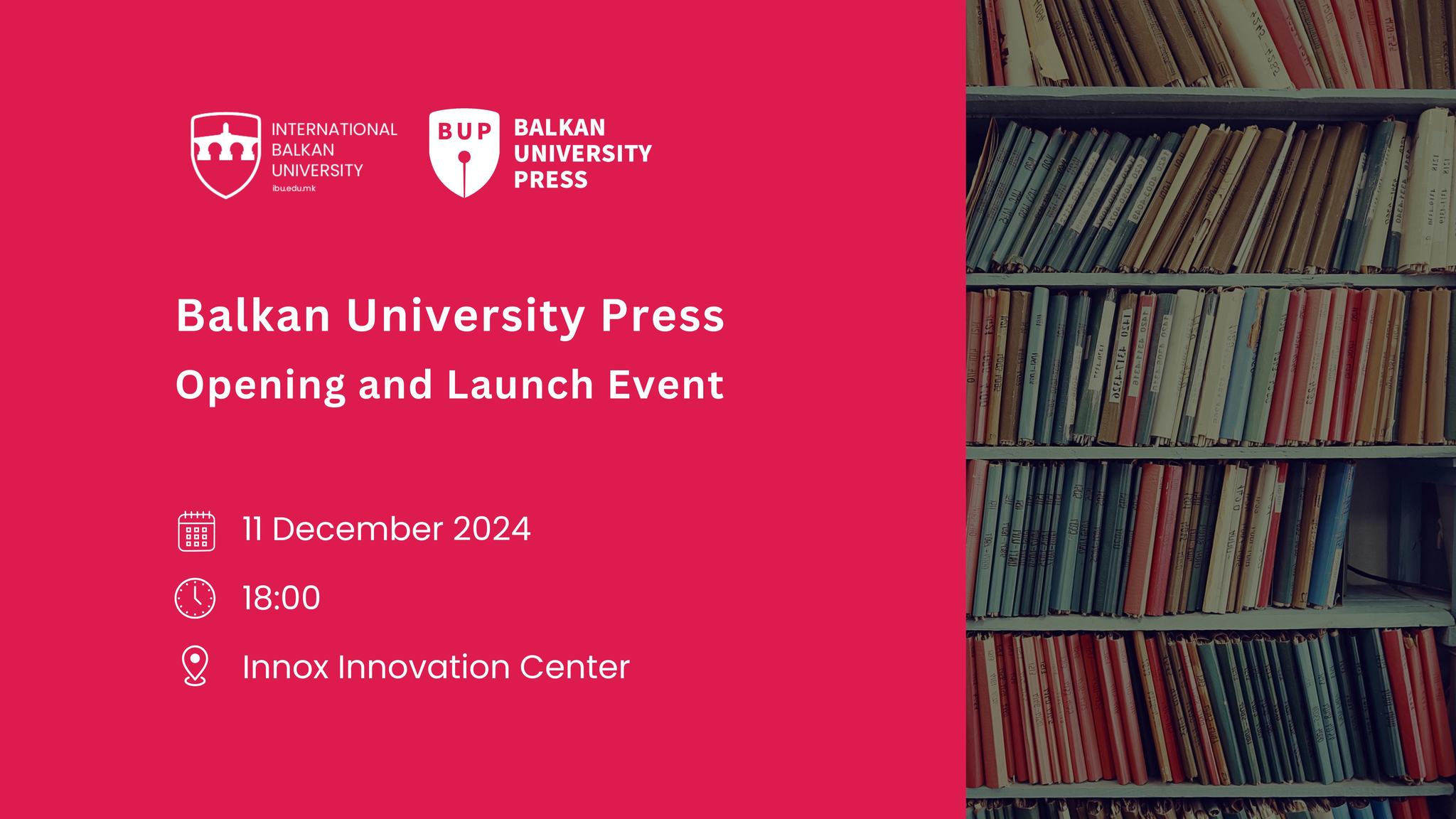
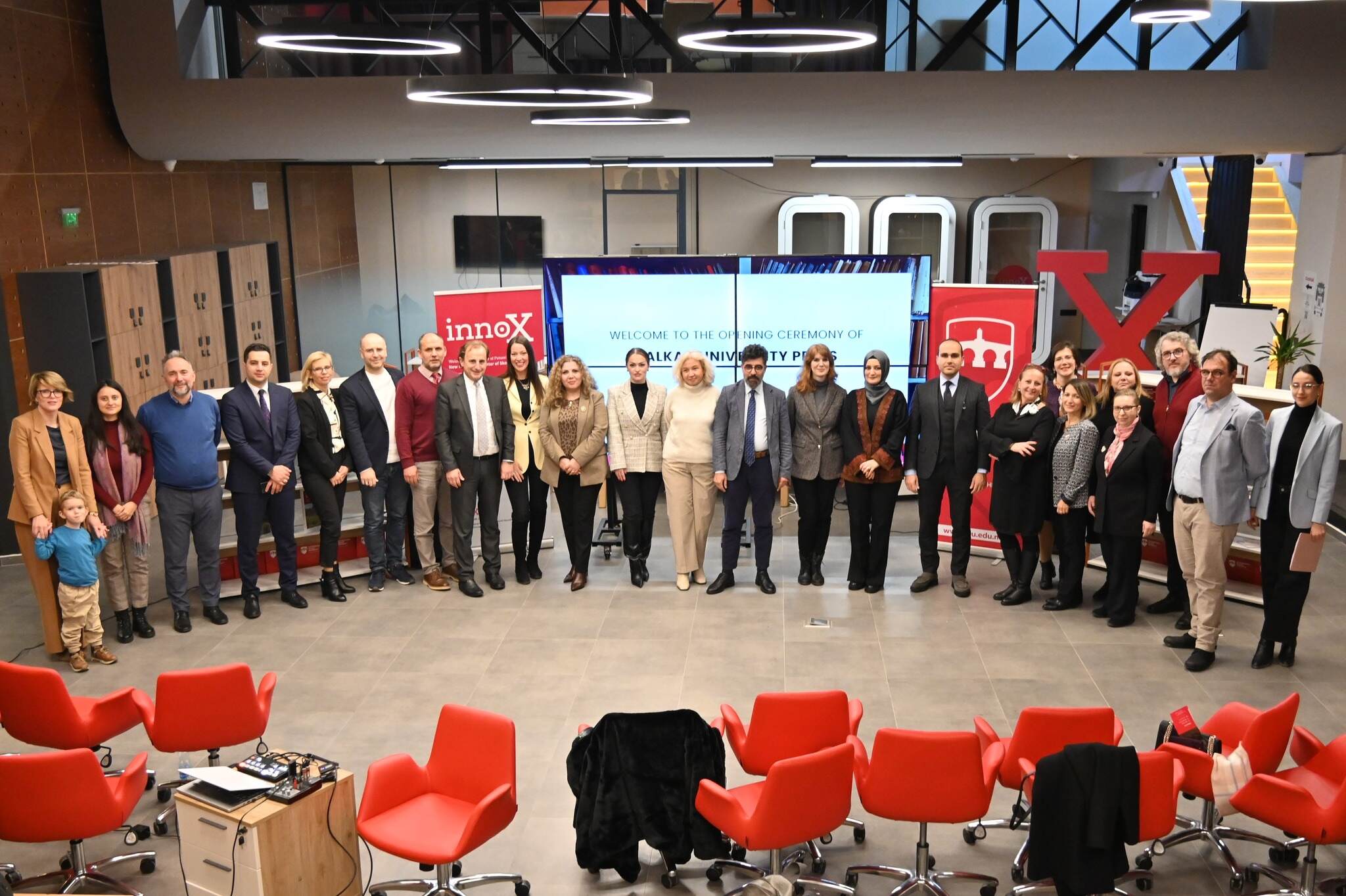


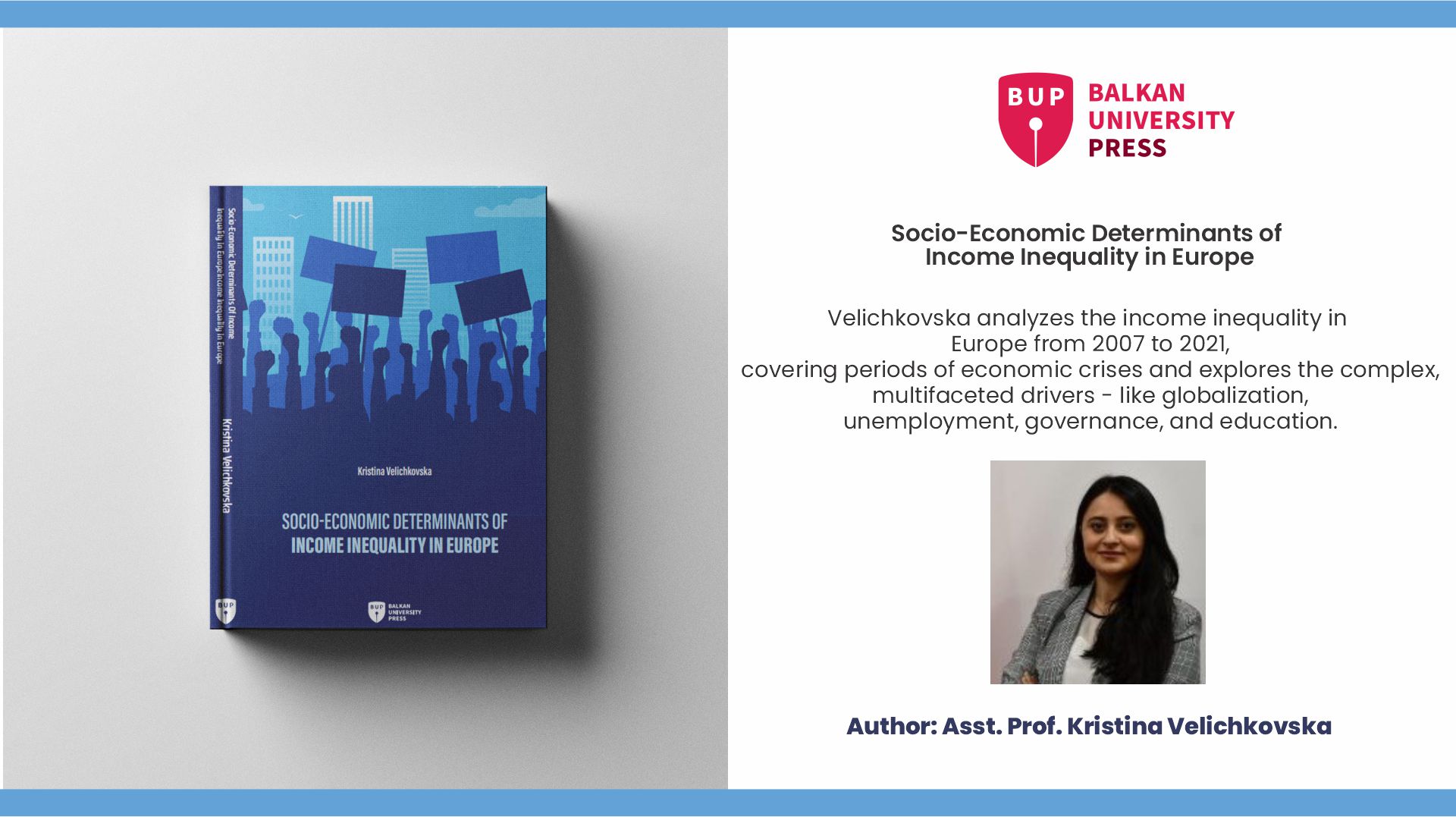
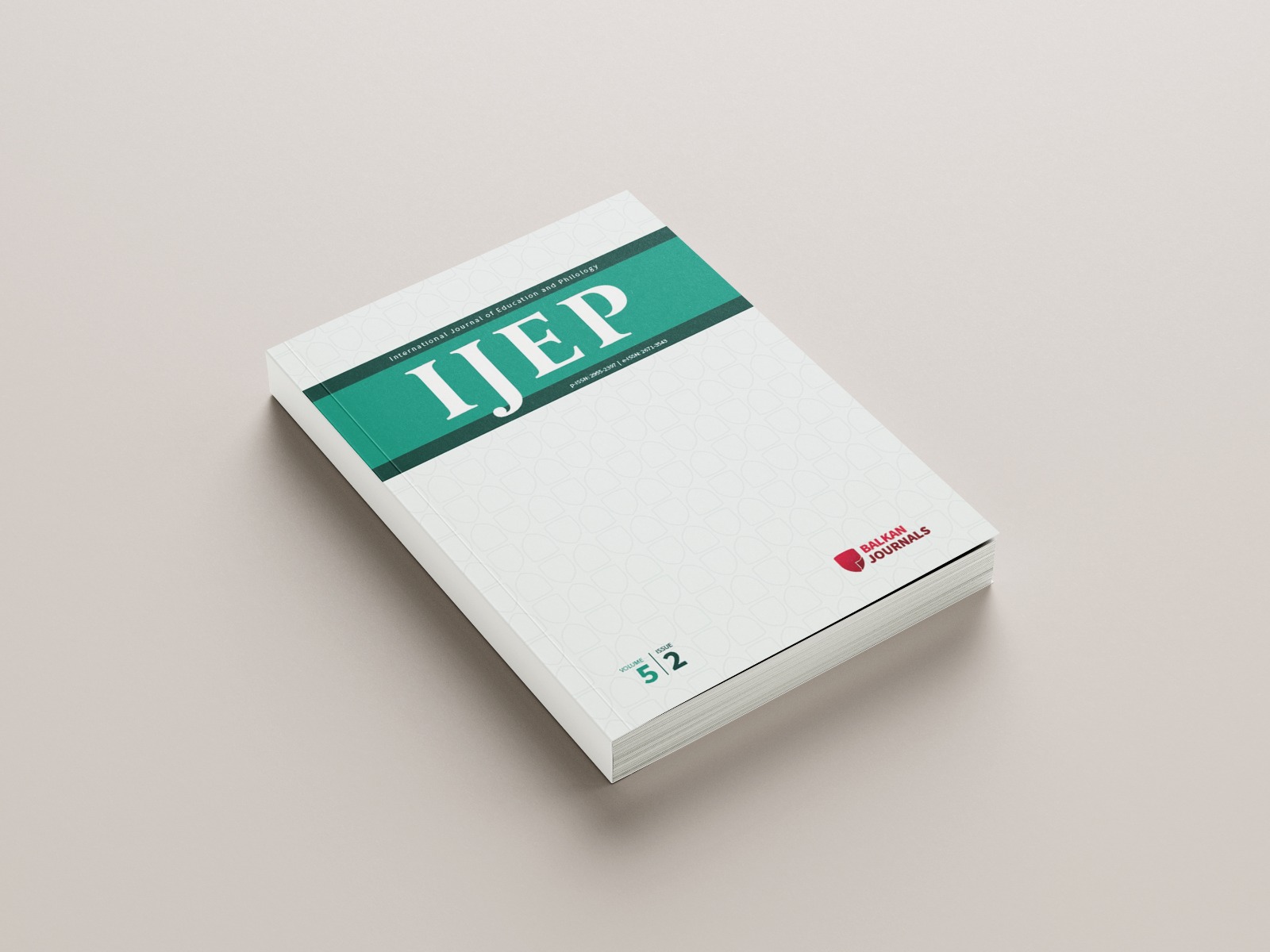

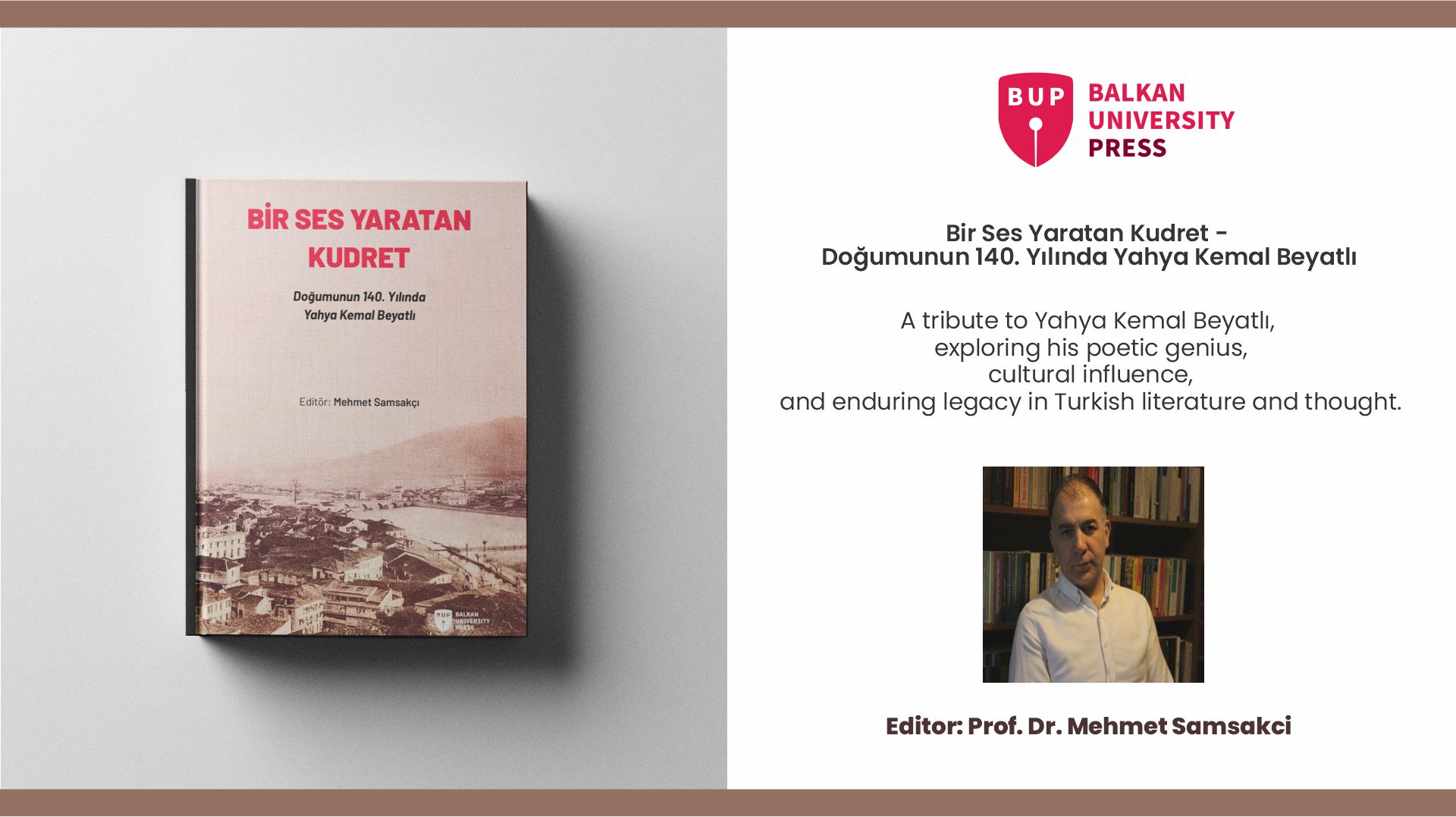
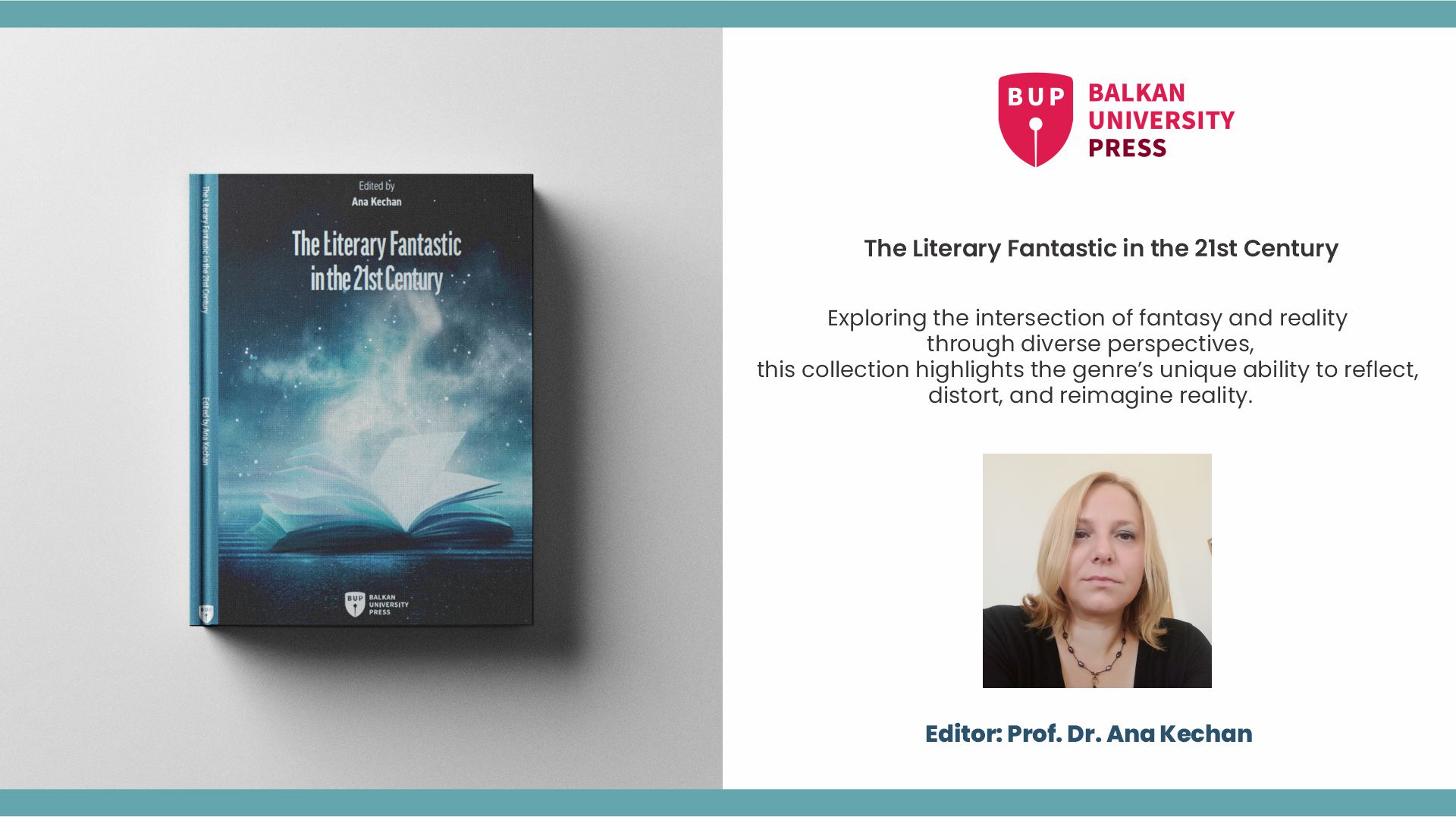
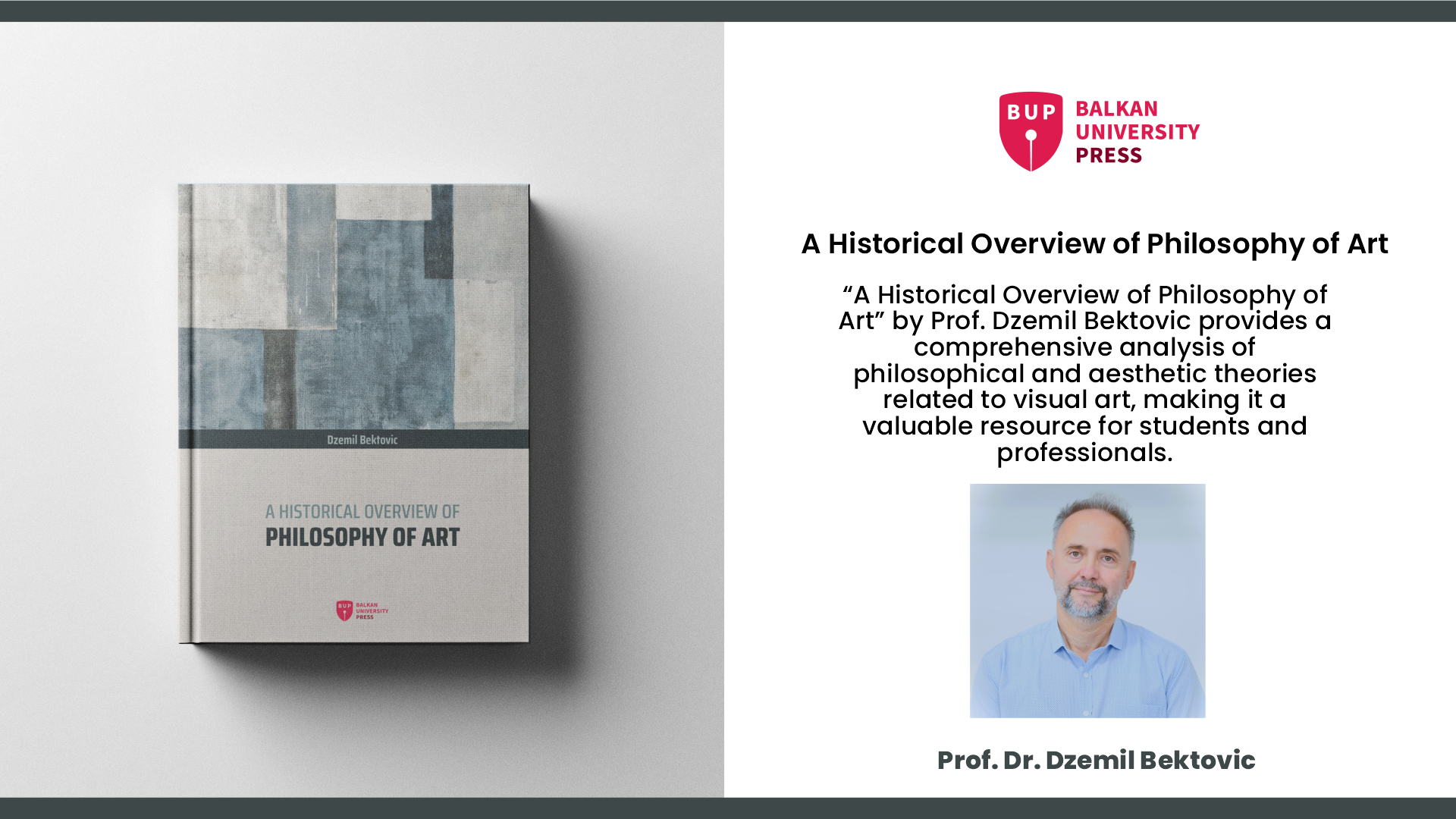
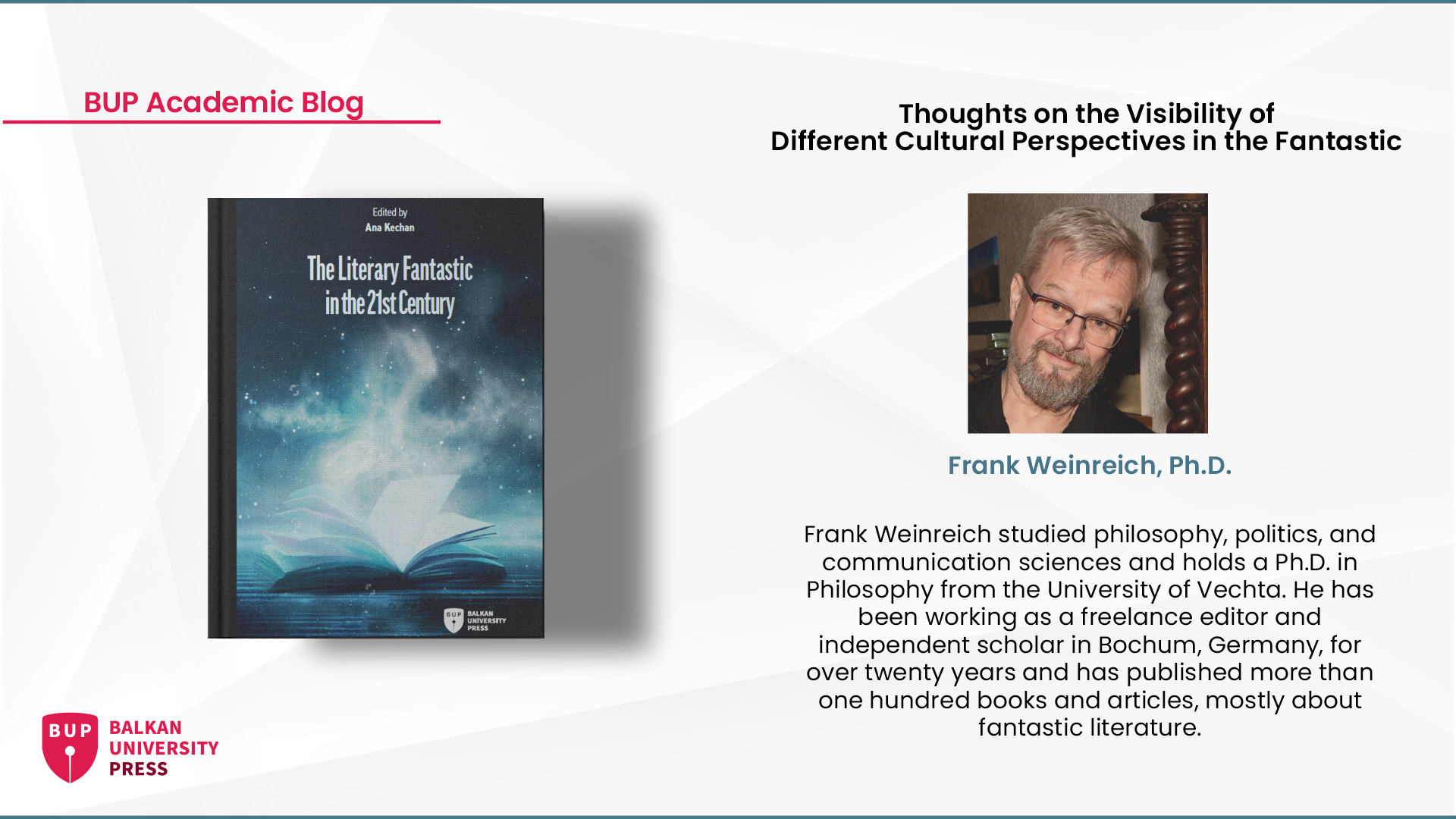
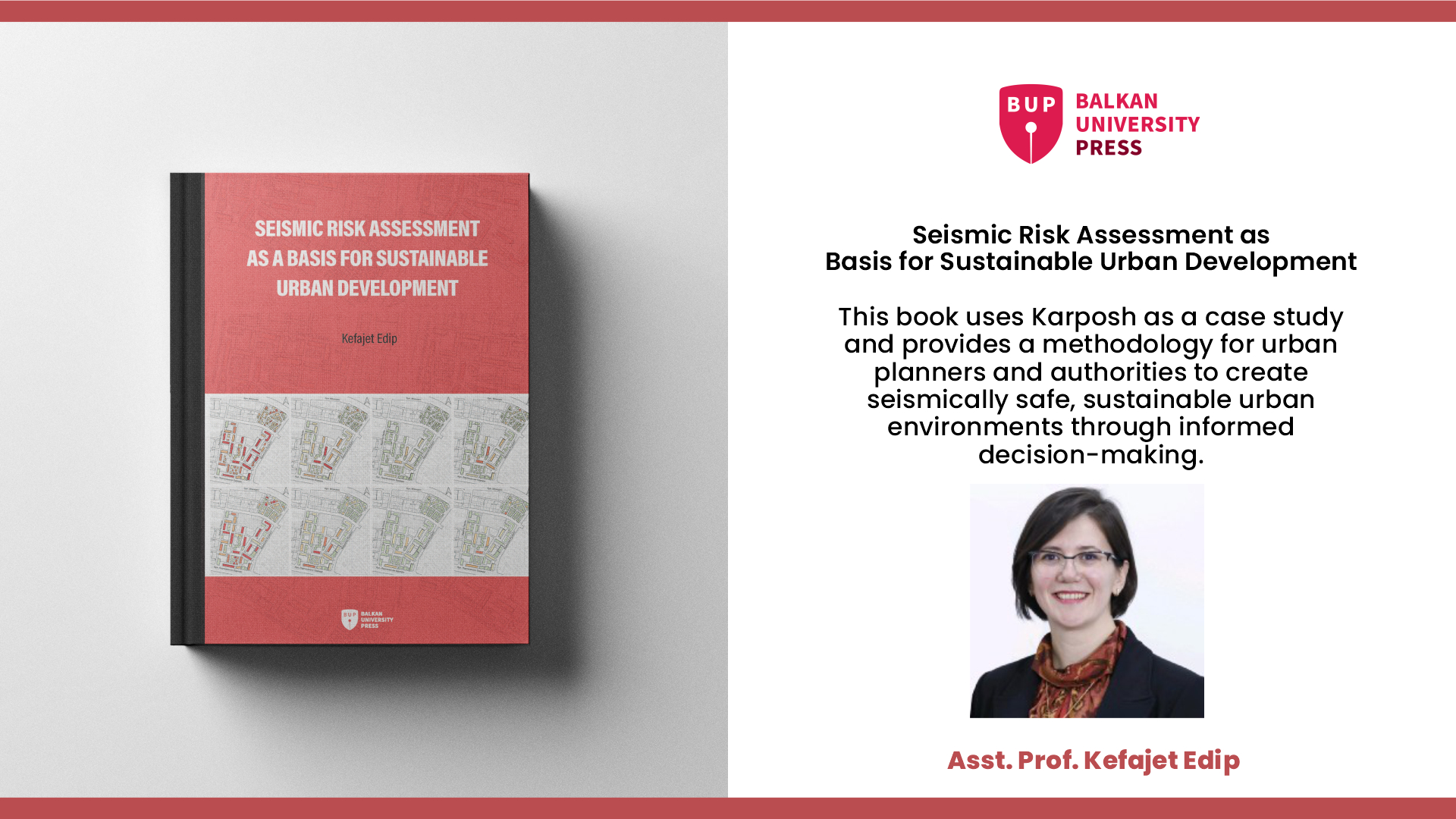



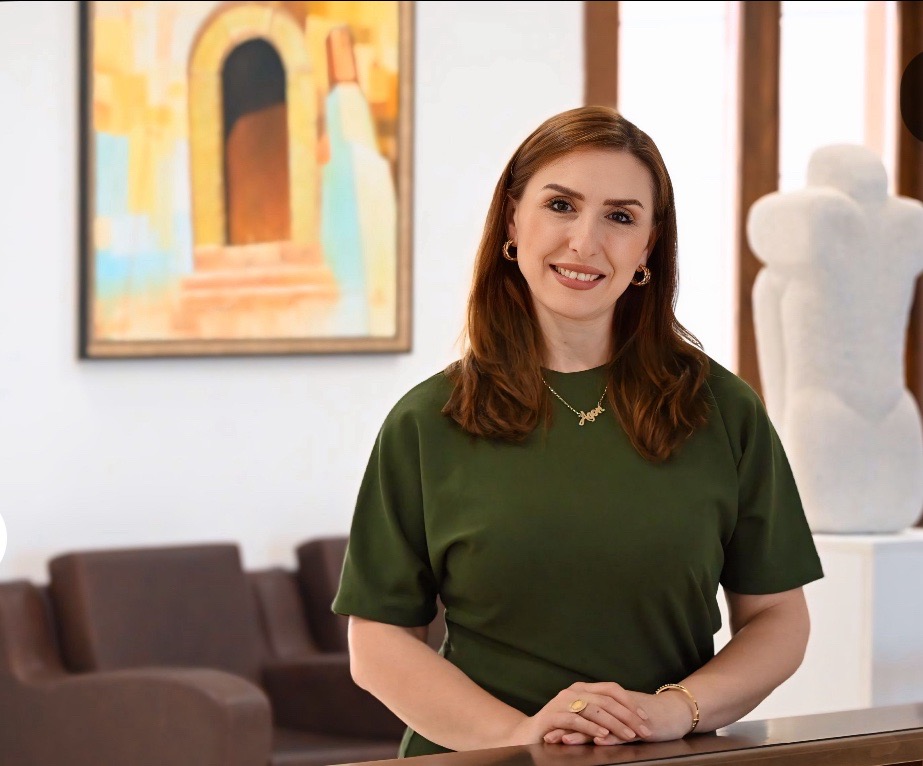
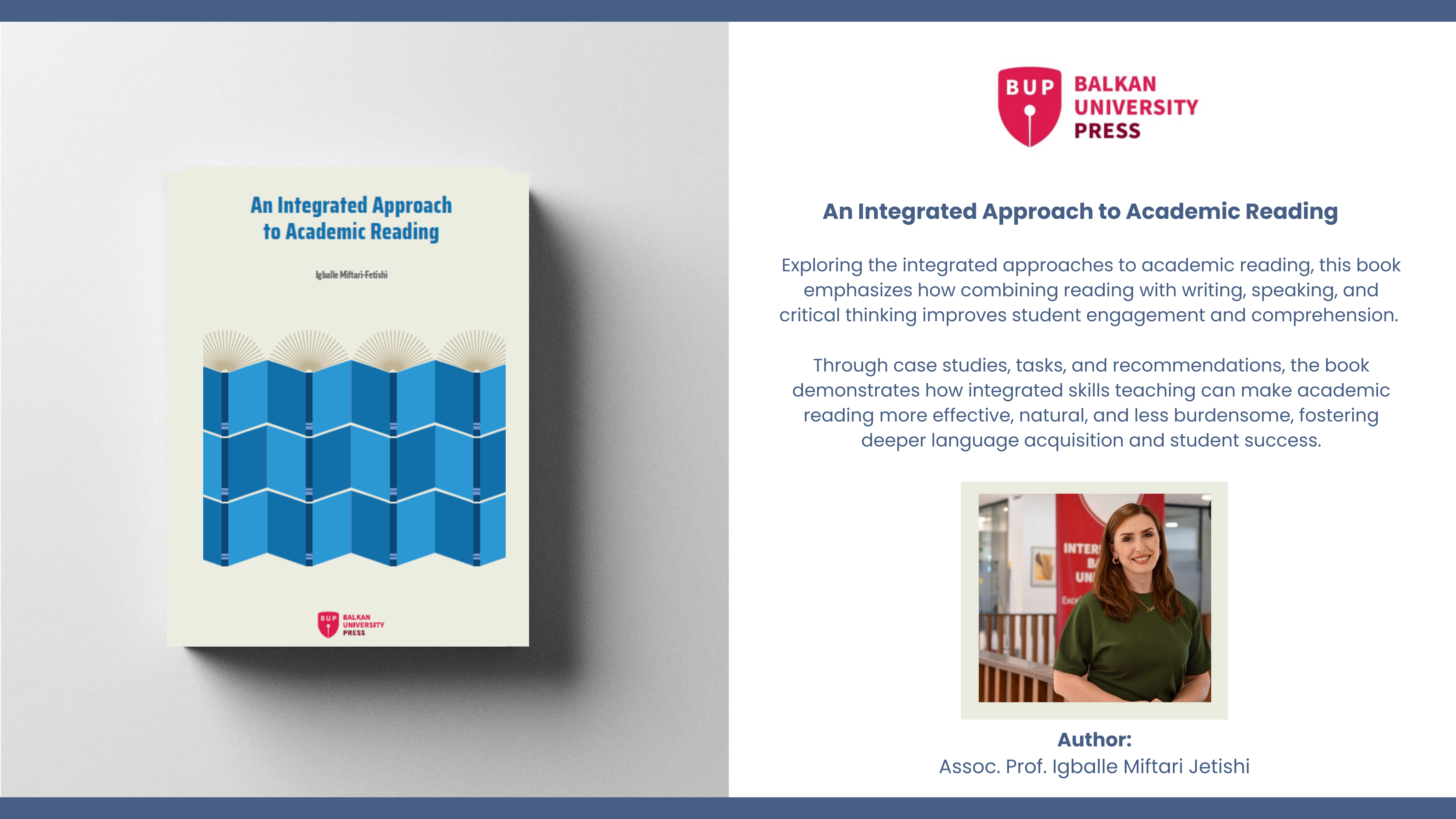
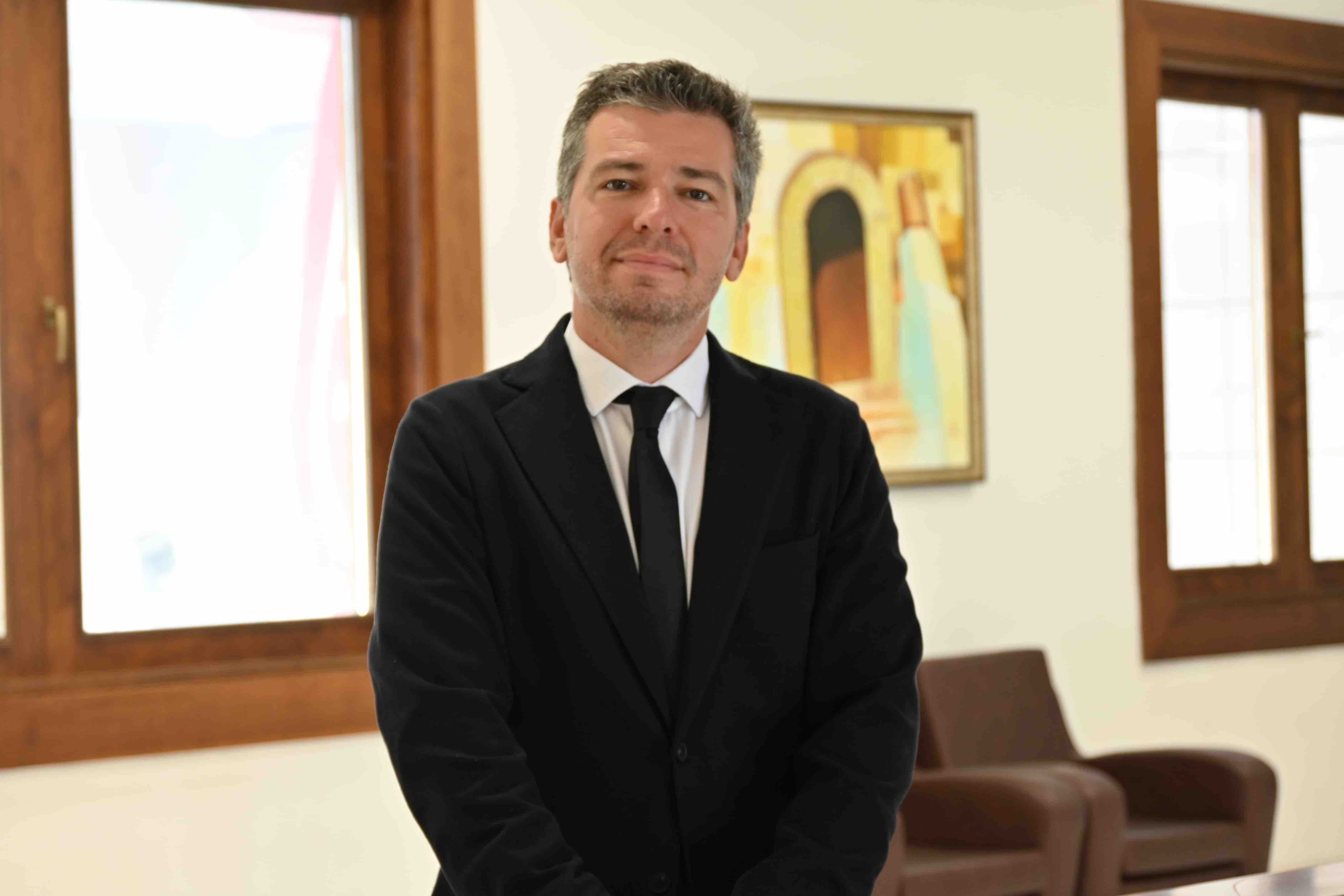

.png)
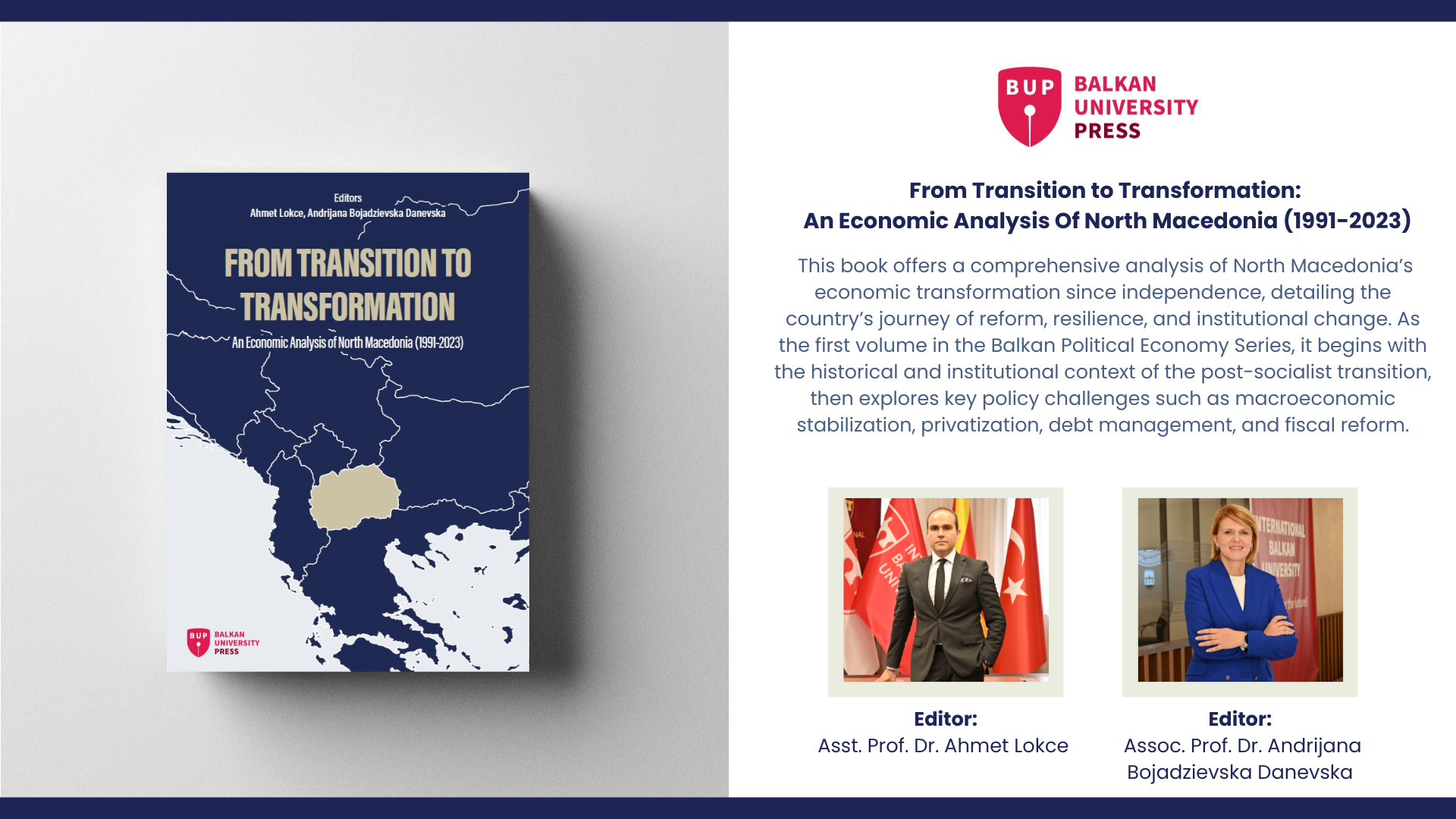


.png)

.png)
